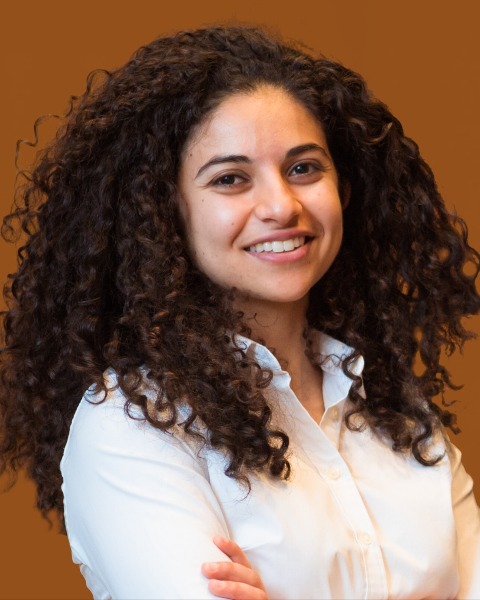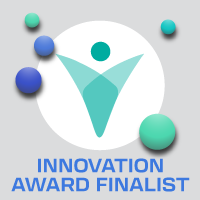Data Science & AI (Room 204AB)
Innovation Award
AI to Optimize Biomedicine
Monday, February 5, 2024
10:30 AM - 11:00 AM EST
Room/Location: 204AB
Sponsored By
.png)

Ava P. Amini, PhD (she/her/hers)
Microsoft Research, Massachusetts, United States
Abstract: The potential of artificial intelligence (AI) in biology is immense, yet its success is contingent on interfacing effectively with wet-lab experimentation. In this talk, I will focus on two settings, biomolecular and experimental design, in which we’ve developed new AI algorithms to optimize biology and inform the experimental process. I will first share recent work in developing diffusion-based generative AI models to generate new proteins, with applications in therapeutic design and beyond. Moving from molecules to experiments, I will present a method — evidential deep learning — for uncertainty quantification in neural networks and demonstrate its potential to guide key steps in experimental lifecycles through a showcase in molecular discovery, opening the door for sustained feedback between computation and experimentation in the biological sciences.

.png)
